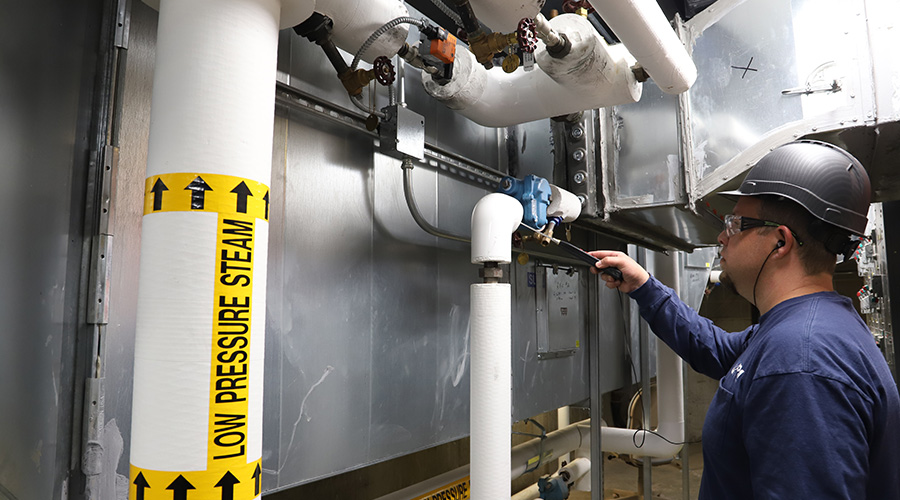The Centers for Disease Control and Prevention describes a pandemic as the outbreak of a global disease. One kind of common pandemic is the influenza virus. A flu pandemic can happen when a new flu virus develops and the human population has little to no immunity against it. The virus can spread quickly from person-to-person and individuals can suddenly overwhelm hospitals with admissions. Unfortunately, the facility may even have absences of their own including doctors, nurses and security staff. What would your organization do in this situation?
If a flu pandemic occurs in your community or if a large percentage of your employees become ill, you need to have plans in place to ensure the health of your employees and your hospitals’ future.
As part of your pandemic plan, work with your security provider to focus on crowd control and restricted access or “lockdowns.” Your organization should also plan on how to operate with 30 percent or more of your staff absent as they may be infected with the virus as well. Your security provider should be able to bring on additional security staff on short notice for you but you may also want to work with neighboring health facilities to bring on additional medical staff. This can help to protect your hospital’s future as there will be adequate care available.
You will also want to ensure your facility’s technology is up to date and functioning for various safety reasons. CCTV cameras, motion sensors and proper lighting can help to protect staff, patients, visitors and the facility when there are large crowds. Alert and public announcement systems can also direct individuals of where they need to go, provide special messages and help to keep a serious situation calm.
Remember to involve the local police and emergency response teams in your plan. It is important to alert them of an outbreak so they can potentially close down specific areas of your community, brings individuals in that are unable to find transportation, and to help control potential traffic and crowd situations at the hospital.
If you do not have a pandemic plan in place, work with your security provider and hospital employees to establish a program. Practice the plan annually so updates can be made and ensure all employees and security staff are aware of their responsibilities.
Bukowski is the vice president of healthcare, AlliedBarton Security Services.

 Biofilm 'Life Raft' Changes C. Auris Risk
Biofilm 'Life Raft' Changes C. Auris Risk How Healthcare Restrooms Are Rethinking Water Efficiency
How Healthcare Restrooms Are Rethinking Water Efficiency Northwell Health Finds Energy Savings in Steam Systems
Northwell Health Finds Energy Savings in Steam Systems The Difference Between Cleaning, Sanitizing and Disinfecting
The Difference Between Cleaning, Sanitizing and Disinfecting Jupiter Medical Center Falls Victim to Third-Party Data Breach
Jupiter Medical Center Falls Victim to Third-Party Data Breach